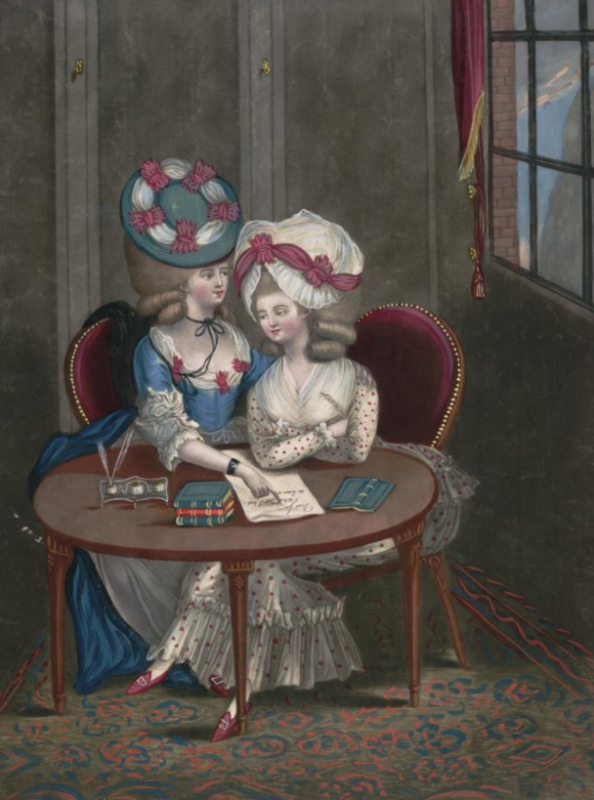Quote
"Instead of an universal harmony, we shall discover little else but discord and confusion ; and were it not for human laws, it would be safer for us to live in a forest with bears and tygers, than among rational beings."
Links to the Encyclopedia:
Keywords
Love, like the rest of the human passions, is either a virtuous or vicious principle of action, as it is placed on good or bad objects. If this inclination of the soul fix upon our fellow-creatures, and excite us to oblige one another by all the kind offices in our power, it is probably situated, and will introduce peace and happiness among men. The Love of mankind is a genuine dictate of reason, and nature herself hath implanted in our breasts tender sentiments of humanity towards others ; and as this duty is highly reasonable, so were it duly discharged, ‘twould be no less beneficial. If Love, undissembled Love, did once generally prevail in the world, base designs would no longer be the plague of human society, but truth and innocence, good-nature and bounty, would reign without check or controul. Then would this earth become a paradise, as beautiful in a moral as natural view ; and all the desires and endeavours of its inhabitants conspire in promoting the common good.
But though it be the particular interest of every man to consult the welfare of mankind in general, and we can never honour human nature more than by such a practice : Yet if we look abroad into the world, we shall find that vice and enmity obtain a vast interest in the hearts and inclinations of men. Instead of an universal harmony, we shall discover little else but discord and confusion ; and were it not for human laws, it would be safer for us to live in a forest with bears and tygers, than among rational beings. It must be confessed, indeed, that we may meet with many persons, who will take all imaginable pains to possess us with a raised notion of their kindness and generosity ; but a thorough examination into the principles of their actions will abundantly convince us, that all their pompous professions are nothing else but art and policy to impose upon our weakness. True Friendship centers in the heart, and conflicts in an uniform course of obliging offices, not in outward expressions ; and therefore few of those with whom we converse deserve the sacred epithet of a Friend. If to flatter us into a vain conceit of our own abilities, or a set of complimental phrases, were a sufficient test of sincere affection for us, we may always be furnished with a set of parasites, that will serve us thus far : But if to be a Friend is to be another Self, and if he be under indispensable obligations, on all occasions, to deal with us in an ingenuous manner ; if none can be justly said to love us who will not be inviolably faithful in every circumstance of life, however miserable and calamitous, we must conclude, that he who finds a true Friend discovers a treasure.
Sources
Taken from Timothy Greated, An Essay on Friendship; Or, a Moral Discourse on the Nature and Effects of Mutual Love. By Timothy Greated, Gent. Printed by J. Ilive, in Aldersgate-Street, 1726, p. 1-4. Transcription by Noémie Vandenborre (UBO). Full book in ECCO.
